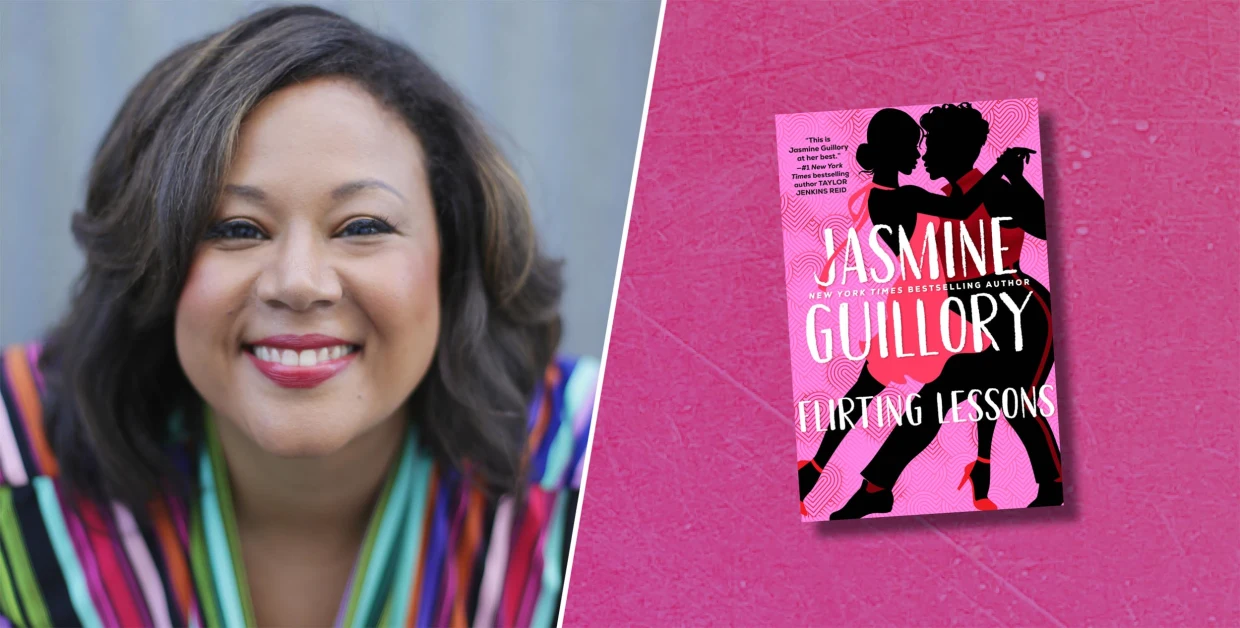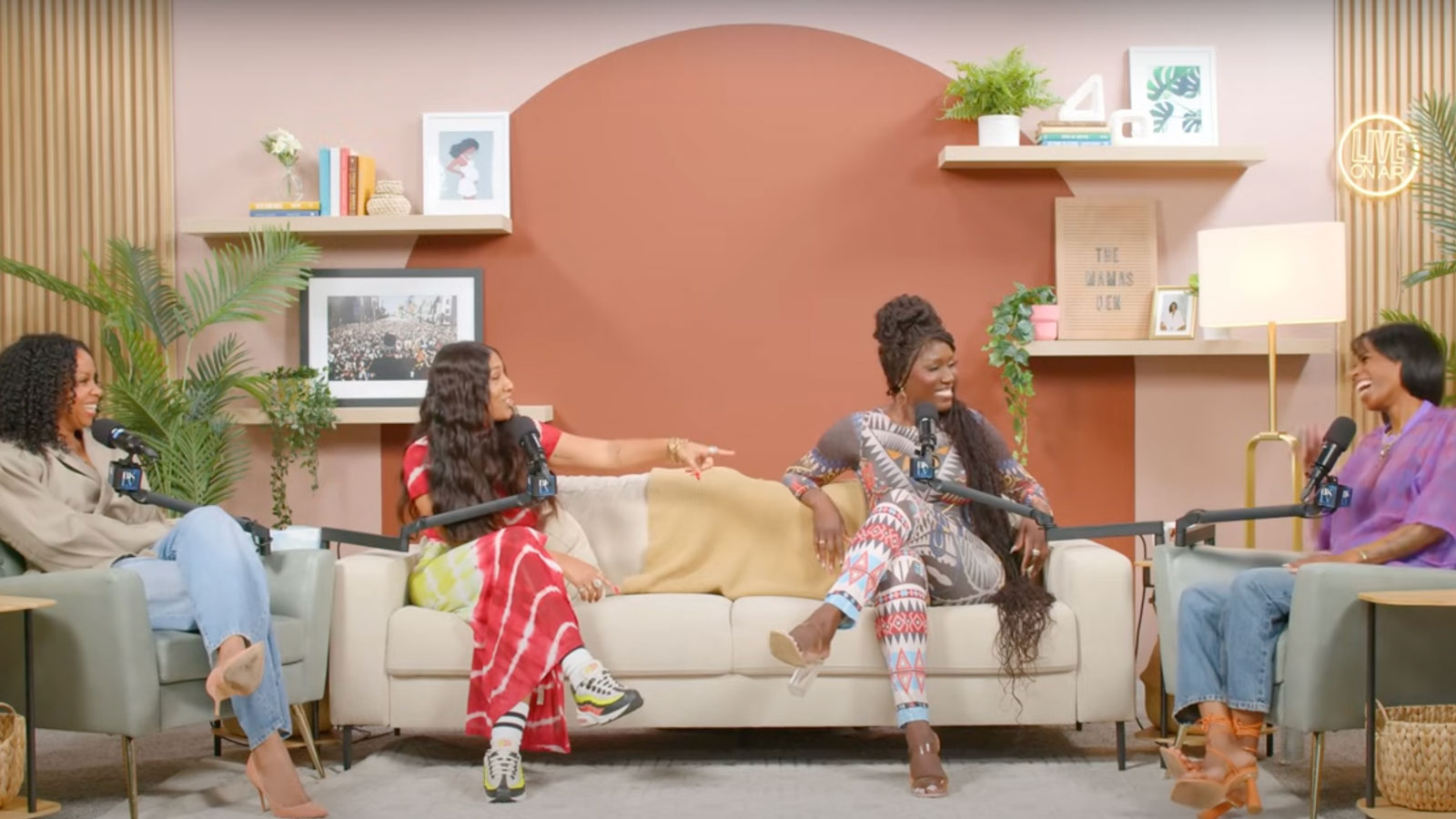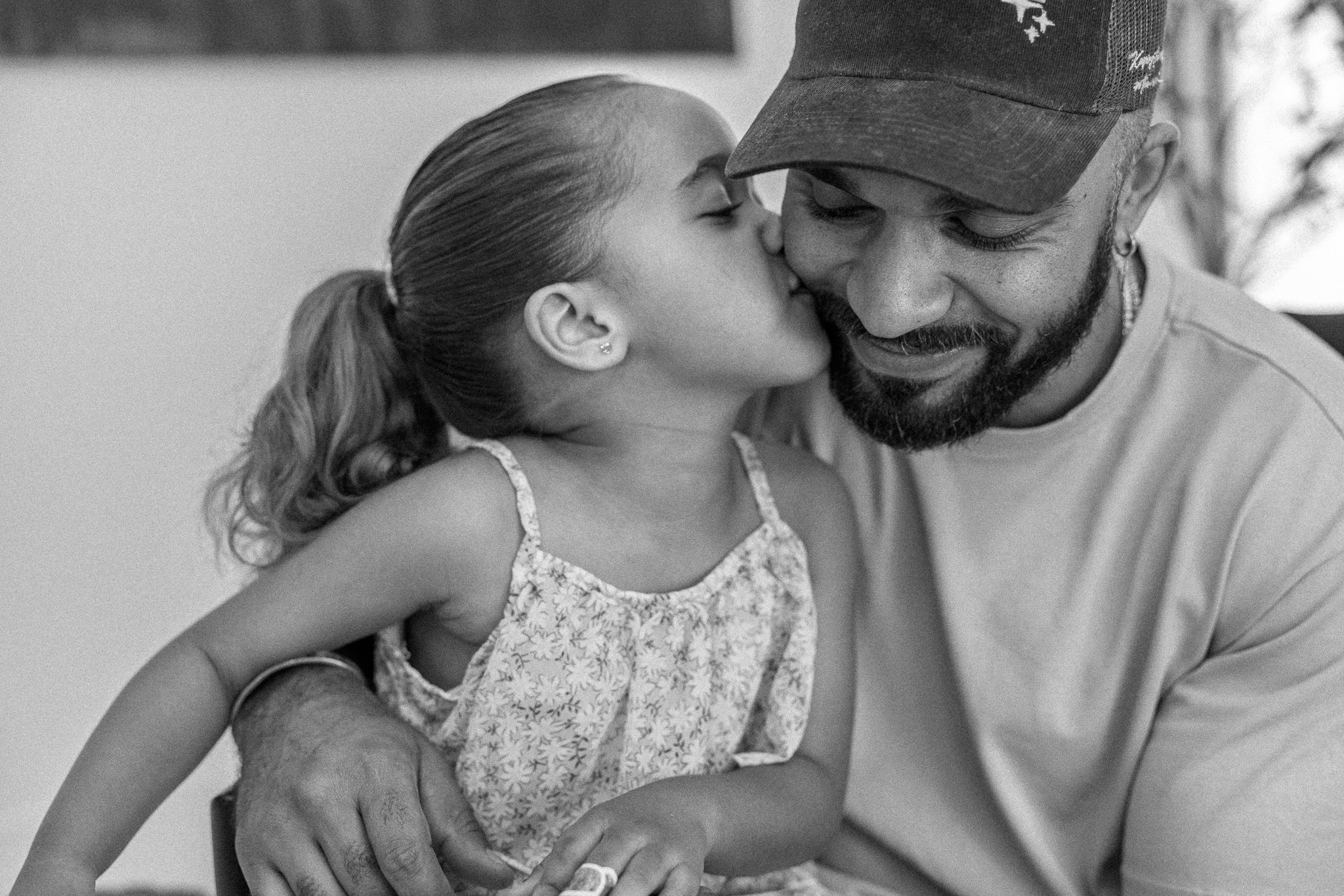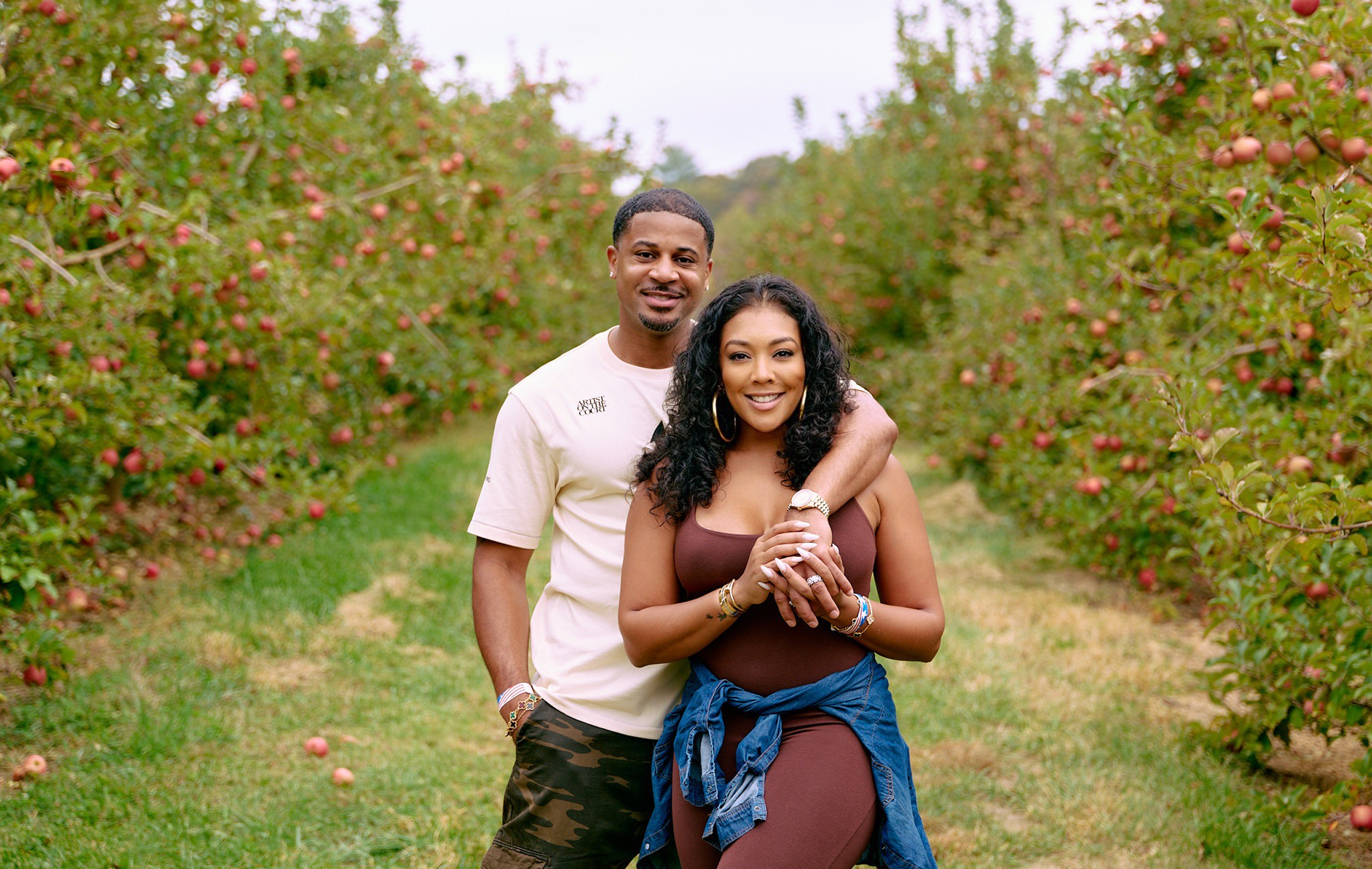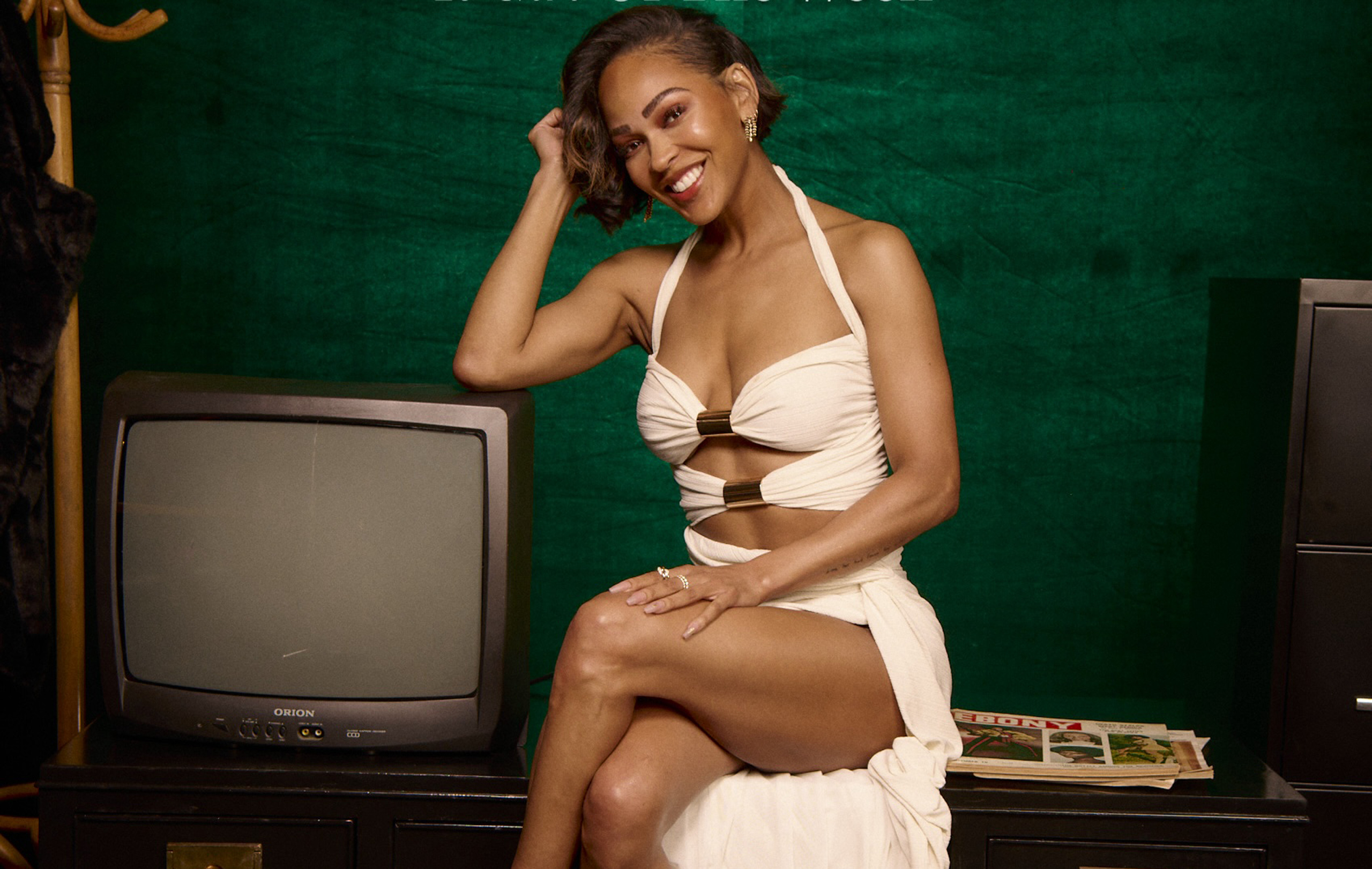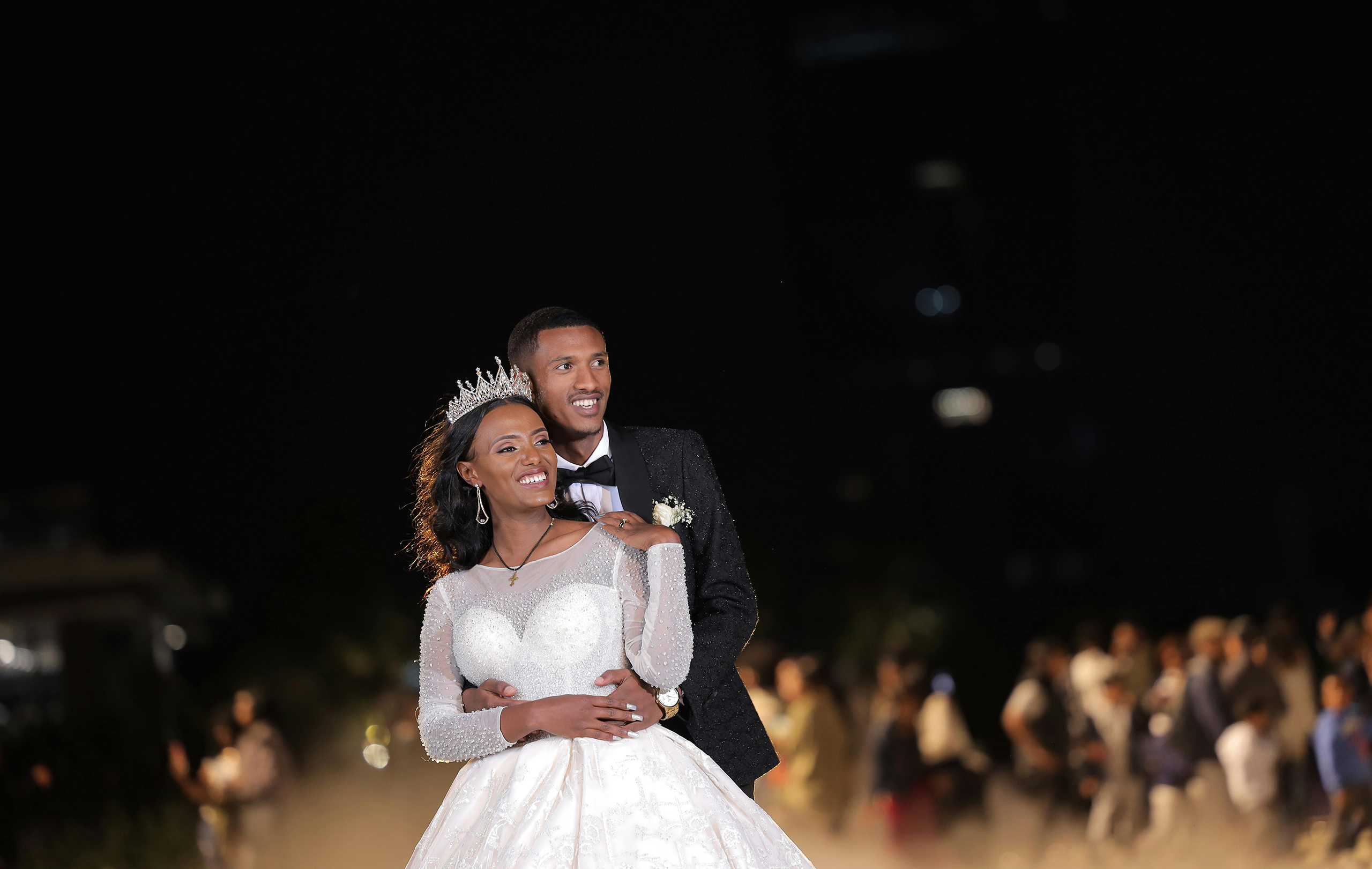
pexels-yohanneseshete-19329622.jpg_processed

Courtesy of Pexels.com
I recently watched a video that stated that there was an “existential crisis” when it came to the Black family. In it, the speaker shared that Black marriage is down to 34% and there is “no culture in the history of humankind that has risen to maximize their full potential without family at the center.” There were stats upon stats upon stats presented comparing the Black community to European Americans, Chinese Americans, and Indian Americans and connecting the lower median income of Black households to the lack of marriage. If the video was longer, single Black folk probably would’ve been connected to global warming in some way, shape, or form. Who knows.
So the question is….should you marry for the culture? Are single people to blame for a lack of Black wealth? Can you drive the entire Black community forward if you would sit down, shut up, and put on the ring? Absolutely not. I have been happily married for 7 years now and I have said many times that I am married because of the person, not because of the institution. And there’s a big difference. Also, I married a southern Black man who never would’ve given me any babies without a ring, but I digress. A partnership with anyone whether it’s marriage, friendship, business, just because of the name is a complete waste of time. I believe in commitment and having a strong support system in another person, but that’s not automatic with marriage. Plus, it must be said that marriage doesn’t propel you into a higher tax bracket. It’s not like when you sign the license, someone pops up with an investment portfolio and a couple hundred thousand dollars. Disparities between the income of Black households when compared to others is inextricably linked to racism, oppression, and blatant exclusion from wealth building opportunities so graciously given to others.
When people spout these narratives about marriages going down, I wonder if they acknowledge that the number of marriages decreased as the number of freedoms provided to Black women increased. We must ask ourselves, are good marriages decreasing or are obligatory marriages decreasing? For many, marriage was seen as an expectation once you got older whether that was due to desire or necessity. There were many people who married for love, which is fantastic. However, marriage was also an obligation for security and stability for women. Women couldn’t get access to education, careers, or even reproductive rights for so long. Now this isn’t to say that Black women weren’t working. Because there has never been a time when we as Black women were not working in and out of the home. But the options were typically limited with small chances of growth or freedom to follow our desires. The options were typically childcare, cooking, or cleaning because women’s primary role was seen as a wife and mother. When women were eventually granted access to education and other career aspects there were still limitations on how far they could go. Have you ever wondered why so many educators are women? It’s because teaching was seen as one of the few professions that was “appropriate” for women. Although Black women didn’t have access to higher education, but they could attend teacher training programs. But if they got married that could be snatched away too. Many schools had marriage bans which prohibited married women from teaching because once again women’s place is in the home.
blacklove.com Related Articles:
How to Discuss Finances With Your Partner and When
Black Marriage By the Numbers—And What They Really Mean
I’m Finally Married, Now What?
 It’s also disappointing when individuals romanticize the relationships of yesterday without acknowledging the exhaustion in that home, the siblings that were living in different homes because papa was a rolling stone, the violence, and sometimes the lack of love. Now this isn’t meant to stoke the fires of gender wars because I also believe that men are deserving of the time it takes to know who you are before joining with someone else. However, when the conversation of marriage is brought up, it is almost always negatively skewed to berating Black women or even Black culture. It’s naïve to think that the Black community would be set if we had more marriages. Not equitable access to education but marriage. Not fair wages, but marriage. Not dismantling oppressive systems, but marriage. As a psychologist I also can’t help but think of the immense pressure that this must put on individuals who think this way or have been pressured with messages such as this one. Many people have heard the term “haste makes waste,” well that is true for all things, including relationships. It is incredibly important to know who you are now and who you want to be as well as what you desire in yourself and in a partner. And that takes time and energy. If you rush this for “the greater good of the community” there will ultimately be some waste involved. This could be the waste of your peace in a relationship that was built on obligation, not connection. This could be the waste of your time in a partnership that drains you. This could be the waste of your potential by conforming to an idea that does not resonate with or serve you, your purpose, or your values. Finally, I encourage
It’s also disappointing when individuals romanticize the relationships of yesterday without acknowledging the exhaustion in that home, the siblings that were living in different homes because papa was a rolling stone, the violence, and sometimes the lack of love. Now this isn’t meant to stoke the fires of gender wars because I also believe that men are deserving of the time it takes to know who you are before joining with someone else. However, when the conversation of marriage is brought up, it is almost always negatively skewed to berating Black women or even Black culture. It’s naïve to think that the Black community would be set if we had more marriages. Not equitable access to education but marriage. Not fair wages, but marriage. Not dismantling oppressive systems, but marriage. As a psychologist I also can’t help but think of the immense pressure that this must put on individuals who think this way or have been pressured with messages such as this one. Many people have heard the term “haste makes waste,” well that is true for all things, including relationships. It is incredibly important to know who you are now and who you want to be as well as what you desire in yourself and in a partner. And that takes time and energy. If you rush this for “the greater good of the community” there will ultimately be some waste involved. This could be the waste of your peace in a relationship that was built on obligation, not connection. This could be the waste of your time in a partnership that drains you. This could be the waste of your potential by conforming to an idea that does not resonate with or serve you, your purpose, or your values. Finally, I encourage ![]() us all to think about how we define family and the way marriage plays a role in that definition. We call our elders aunties and uncles, and any friend that we’ve known for more than three years, or grew up with, or our mom’s best friend’s child cousin. We have never been limited in thinking that family is solely those people that we are related to by blood. So, why now, when there are discussions about legacy building and the Black family are we thinking only in the limitation of marriage. There are so many problems with this conversation but one of the main ones is that when these conversations happen the onus is typically put on the woman. We are too career driven, we don’t know how to cook, we ask for too much. Instead of looking at the community, not just at the men, this isn’t a gender wars conversation. But also looking at how there has been and should be an evolution in the contributing factors of marriage as a requirement such as differences in views of family structure, cultural expectations, and even economic shifts. And that makes the institution more important. Do you want to be married because you believe that it is a partnership that will drive you forward, or because you think it’s the only way to be seen as an official family? If your values align with the romantic person of interest when it comes to the importance of marriage that’s great. But I would also challenge you to think more about the diversity within Black families and don’t allow what may be seen as a traditional marriage to erase the fact that Black families have always been diverse. Black love has never been confined to marriage. It has always been about constructing, supporting, and nourishing a community, by any means necessary.
us all to think about how we define family and the way marriage plays a role in that definition. We call our elders aunties and uncles, and any friend that we’ve known for more than three years, or grew up with, or our mom’s best friend’s child cousin. We have never been limited in thinking that family is solely those people that we are related to by blood. So, why now, when there are discussions about legacy building and the Black family are we thinking only in the limitation of marriage. There are so many problems with this conversation but one of the main ones is that when these conversations happen the onus is typically put on the woman. We are too career driven, we don’t know how to cook, we ask for too much. Instead of looking at the community, not just at the men, this isn’t a gender wars conversation. But also looking at how there has been and should be an evolution in the contributing factors of marriage as a requirement such as differences in views of family structure, cultural expectations, and even economic shifts. And that makes the institution more important. Do you want to be married because you believe that it is a partnership that will drive you forward, or because you think it’s the only way to be seen as an official family? If your values align with the romantic person of interest when it comes to the importance of marriage that’s great. But I would also challenge you to think more about the diversity within Black families and don’t allow what may be seen as a traditional marriage to erase the fact that Black families have always been diverse. Black love has never been confined to marriage. It has always been about constructing, supporting, and nourishing a community, by any means necessary.
I am Dr. Raquel Martin, a licensed clinical psychologist, professor, scientist, podcast host, and expert in Black mental health. I am passionate about helping Black people think for themselves, challenge harmful narratives, and prioritize their well-being without guilt. Because at the end of the day, love, whether for self, community, or a partner, should be liberating, not a life sentence.
Related Articles
Discover why Jasmine Guillory’s latest novel Flirting Lessons is a must-read—and how the author continues to redefine modern romance with layered Black heroines, real emotional depth, and Black literature that feel both magical and true.
Bozoma Saint John talks Black motherhood, grief, self-love, and finding joy again. Don’t miss her powerful conversation on building legacy and living boldly.
Tyler Lepley shows the beauty of Black fatherhood, blended family life with Miracle Watts, & raising his three children in this Father Noir spotlight.
Featured Articles
When Elitia and Cullen Mattox found each other, they decided that they wanted their new relationship together, their union, to be healthier and different.
Celebrate their marriage and partnership with the release of the documentary “Time II: Unfinished Business”
The vision for our engagement shoot was to celebrate ourselves as a Young Power Couple with an upcoming wedding, celebrating our five year anniversary - glammed up and taking over New York.
Our intent is to share love so that people can see, like love really conquers everything. Topics like marriage and finance, Black relationships and parenting.
Meagan Good and DeVon Franklin’s new relationships are a testament to healing, growth, and the belief that love can find you again when you least expect it.
HEY CHI-TOWN, who’s hungry?! In honor of #BlackBusinessMonth, we teamed up with @eatokratheapp, a Black-owned app designed to connect you with some of the best #BlackOwnedRestaurants in YOUR city – and this week, we’re highlighting some of Chicago’s best!

